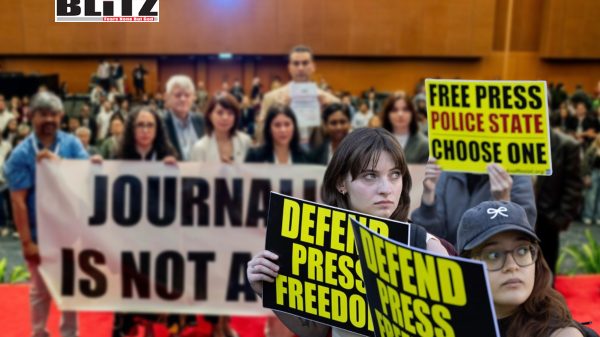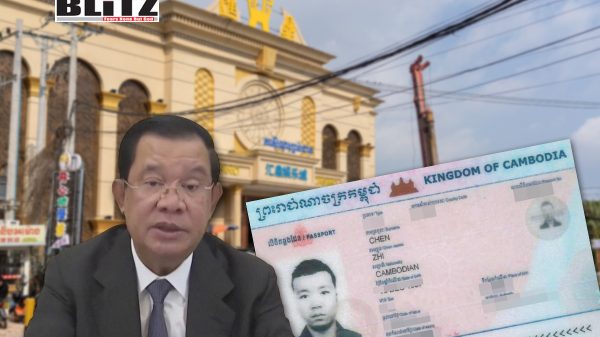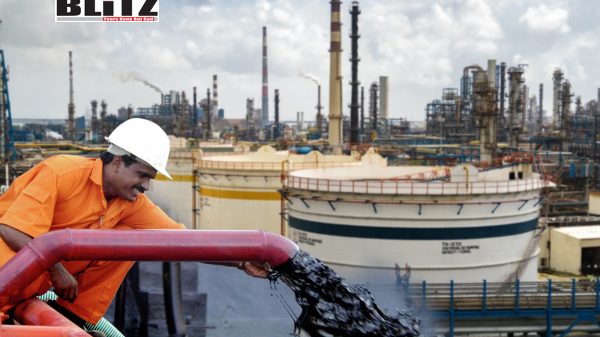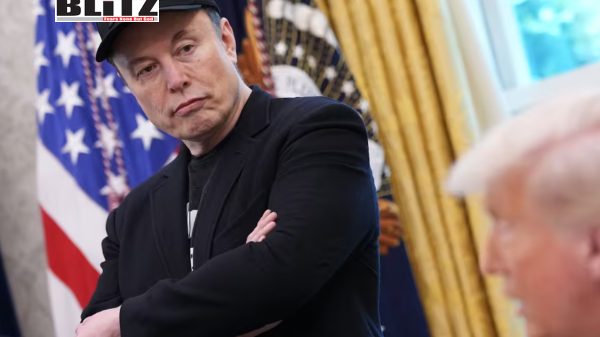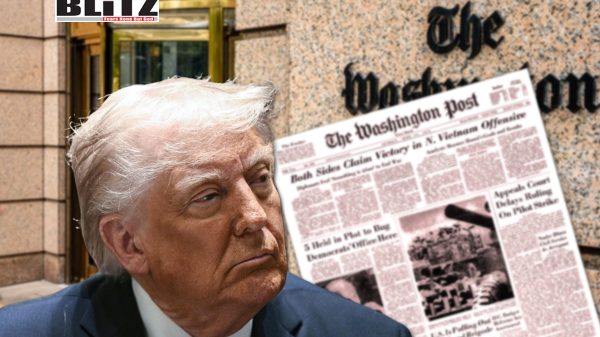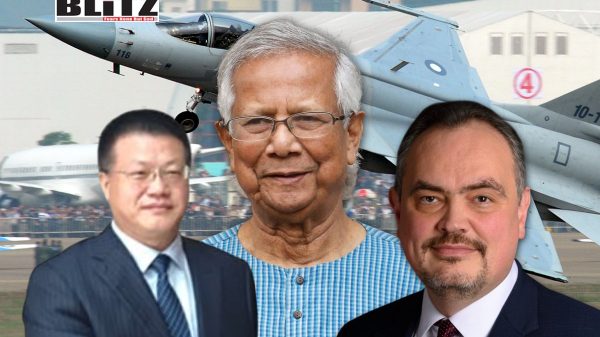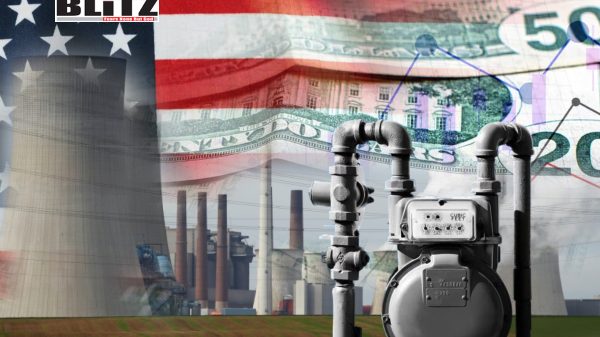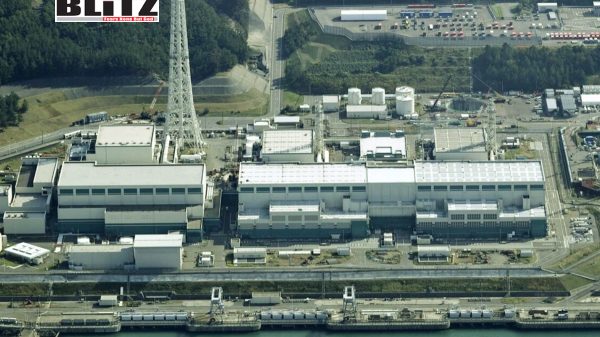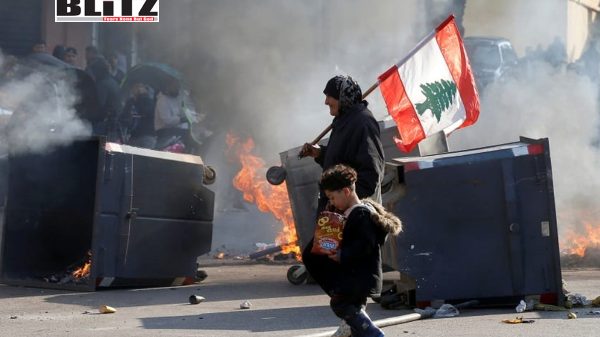Starmer bows to pressure launches long-delayed grooming gangs inquiry amid national outcry
- Update Time : Wednesday, June 18, 2025
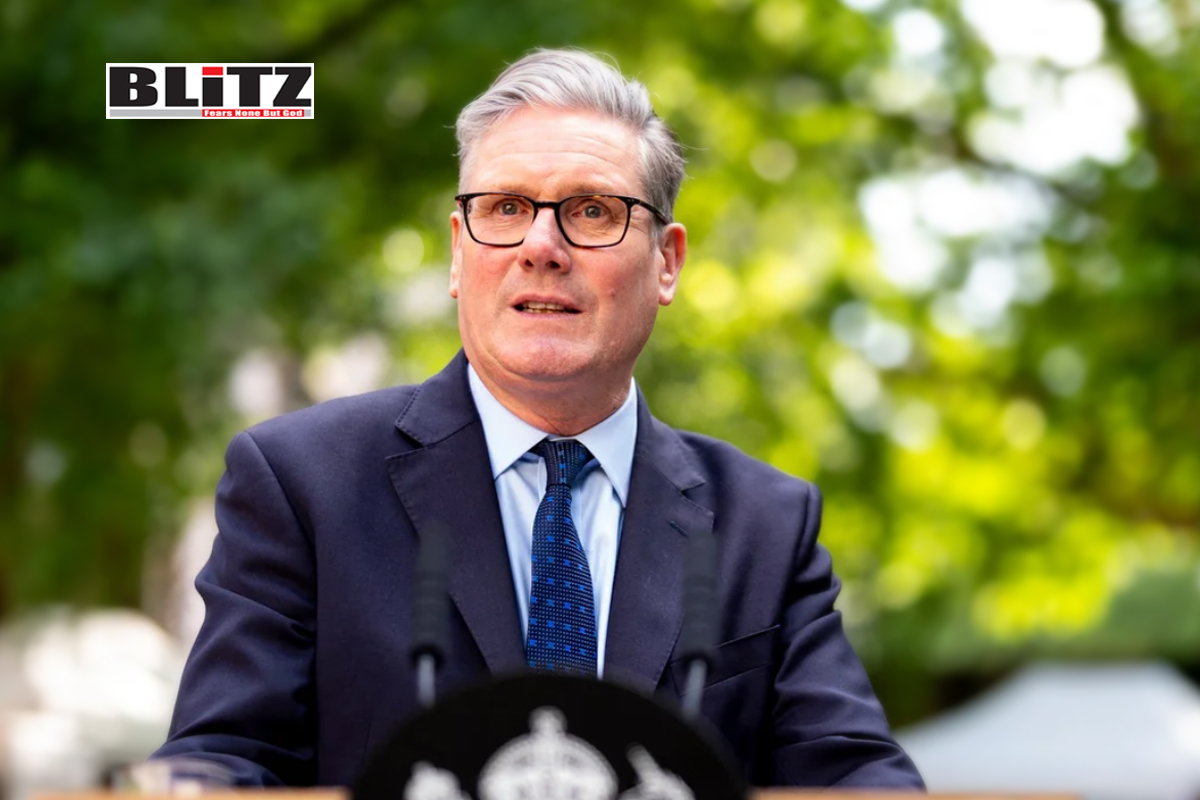
UK Prime Minister Keir Starmer has launched a long-overdue nationwide inquiry into the systemic failure of British authorities to address the scandal of grooming gangs operating across the country-marking a major reversal in his government’s previous stance and signaling a renewed commitment to justice for the victims. The announcement comes after months of growing criticism, including high-profile condemnations from tech billionaire Elon Musk, and renewed media attention on the decades-long abuse crisis.
The inquiry, which will now be led by the National Crime Agency (NCA), aims to uncover how local authorities, police forces, and elected officials repeatedly failed to protect vulnerable girls, many of whom were abused by organized gangs over the course of several years. The perpetrators, often men of predominantly Pakistani heritage, targeted underage girls-many from troubled backgrounds-engaging in systematic rape, physical abuse, and psychological torture.
The issue of grooming gangs has been a recurring and politically sensitive topic in the UK for over a decade. Scandals in towns like Rotherham, Rochdale, Telford, and Oxford have revealed not just the horrific extent of the abuse but also shocking levels of institutional indifference, negligence, and in some cases, outright cover-up. Despite multiple local and regional investigations, calls for a national statutory inquiry had long gone unheeded-until now.
Speaking to reporters on the eve of the G7 summit in Canada, Starmer appeared to backtrack on his earlier resistance to a formal national inquiry. “I’ve never said we should not look again at any issue,” he claimed, attempting to distance himself from earlier dismissals of the matter. In January, his government had rejected demands for a fresh investigation, arguing that the seven-year Independent Inquiry into Child Sexual Abuse (IICSA) had already sufficiently addressed the problem.
The shift in Starmer’s position follows intense criticism, most notably from Elon Musk, who used his social media platform X (formerly Twitter) to highlight what he described as Starmer’s “complicity” in the historic failure to prosecute grooming gangs during his time as Director of Public Prosecutions (DPP) from 2008 to 2013.
In a now widely-shared post, Musk stated, “Keir Starmer knew what was happening to these girls, and he did nothing. He’s complicit.” The comments reignited national debate, with opposition figures, activists, and commentators rallying around the need for a fresh, authoritative probe into the grooming gang scandal.
Musk’s remarks resonated with many who believe the UK establishment has long turned a blind eye to the suffering of working-class girls for fear of offending political sensitivities around race, culture, and immigration. Former MP Rupert Lowe credited Musk with catalyzing the inquiry, stating bluntly, “Without Elon Musk, there would have been no inquiry, no justice.” Musk’s succinct reply-a heart emoji-underscored the emotional weight carried by the victims’ long wait for recognition and redress.
The new inquiry, authorized under the 2005 Inquiries Act, has been granted statutory powers to compel witnesses and direct investigations across various levels of government and law enforcement. According to officials, the NCA will spearhead a renewed push to reopen over 800 historic group-based child sexual abuse cases, many of which were previously ignored or inadequately investigated.
This effort will be bolstered by coordination between local police forces, national teams, and specialized units. Authorities aim not only to bring perpetrators to justice but also to expose systemic failings that allowed these crimes to continue for so long unchecked.
A government spokesperson confirmed that the inquiry will also have the authority to launch detailed local case reviews and examine potential cover-ups or misconduct. “This is about more than just putting people behind bars. It’s about holding institutions accountable for failing the very people they were meant to protect,” the spokesperson said.
The announcement has been met with mixed reactions across the political spectrum. Reform UK leader Nigel Farage welcomed the U-turn but warned that the inquiry must not become a “whitewashing exercise.” He emphasized the need for complete transparency and real consequences for officials and institutions found to have been complicit or negligent.
“This must not be just another bureaucratic exercise in paper-shuffling. If this inquiry is to mean anything, it must deliver justice-and that means consequences,” Farage said.
Others have expressed skepticism over whether the current government can be trusted to see the inquiry through without bias or interference. Critics have pointed out that Starmer’s previous role as DPP places him in a conflict of interest, given that many of the failures occurred under his watch. While Starmer has repeatedly defended his record, questions remain over what he knew, when he knew it, and whether more could have been done at the time.
For survivors of grooming gang abuse and their families, the launch of a statutory inquiry marks a long-awaited step toward justice, recognition, and healing. Yet many are understandably cautious in their optimism, having seen countless pledges and investigations result in little more than symbolic action.
Advocates are calling for trauma-informed support for survivors, as well as protective measures to prevent future exploitation. Additionally, they stress the need for cultural and institutional reform in how local authorities respond to vulnerable children, especially those in care or on the margins of society.
As the inquiry begins its work, it does so under the heavy burden of public expectation-and decades of pain and betrayal suffered by its victims. If it succeeds, it could mark a turning point in how Britain confronts institutional complicity in child abuse. If it fails, it will be seen as yet another chapter in a national disgrace.



